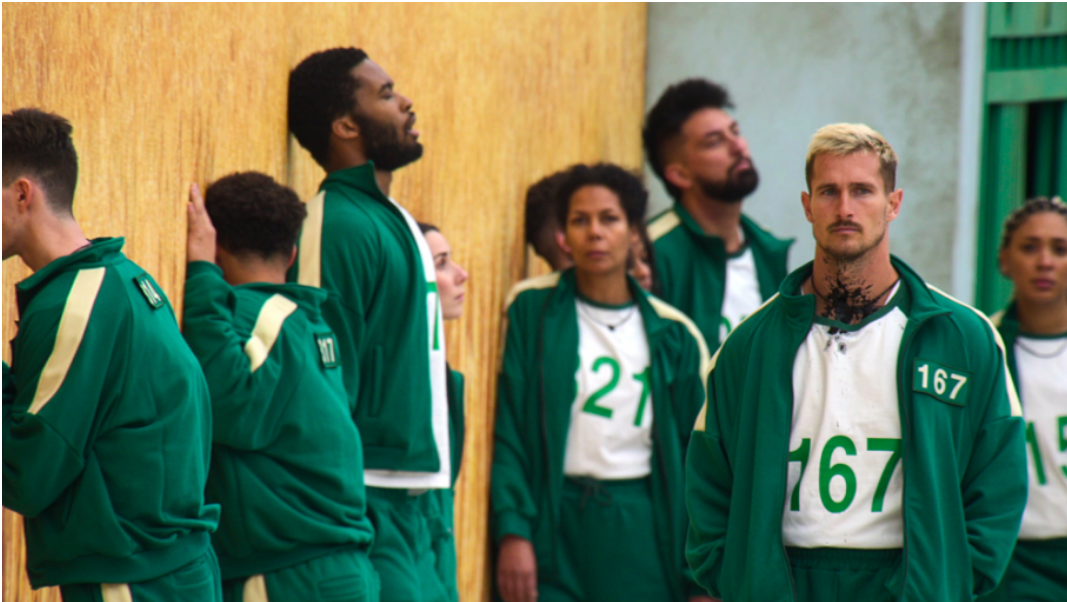In 2021, the South Korean drama, crafted by Hwang Dong-hyuk, gained global acclaim for its grim portrayal of capitalism exploiting the desperate for the entertainment of the wealthy. Hastings, a tech founder, seemed more akin to one of the game’s spectators than a contestant risking their life.
Now, “Squid Game: The Challenge” emerges, a competition series attempting to bring Hwang’s vision to life without the mass violence and much of the social commentary. This move is part of Netflix’s strategy to transform its hits into enduring intellectual properties. While “Squid Game” gears up for a Season 2, brand-building takes precedence over quality control. “The Challenge” is just one facet of a broader effort to capitalize on the “Squid Game” phenomenon, with plans for “Squid Game: The Trials,” an immersive experience where fans can simulate the show’s challenges.
The structure and appearance of “The Challenge” mimic the original, featuring 456 contestants competing for $4.56 million through childlike games. The show recreates the simple, colorful production design that contributed to the first “Squid Game’s” global appeal. However, “The Challenge” tones down the sinister nature and social commentary, focusing more on the entertainment value. While “Squid Game” explored the moral cost of entertainment in an unequal society, “The Challenge” presents entertainment as enjoyable to watch without delving into deeper themes.
Contestants on “The Challenge” recognize iconic sets from the original series, displaying familiarity with the show’s elements. The absence of a host or explicit rule explanations suggests the show assumes viewers share this familiarity. However, beyond introducing new games, “The Challenge” doesn’t explicitly acknowledge that contestants are aware of these elements from watching the TV show.
The standout aspect of “The Challenge” is its diverse and numerous contestants, creating a massive pool of competitors from various locations. As the show progresses, it evolves into a more intimate scale, highlighting individual stories. Some contestants play into reality TV archetypes, while others bring unique and genuine qualities. Despite its humorous moments, the high stakes and intense environment make “The Challenge” emotionally charged as contestants navigate alliances, betrayals, and blind luck.
The question arises whether a “Squid Game” reality show can capture the same gripping essence as the scripted version. While “The Challenge” offers a unique take on reality TV, it doesn’t match the depth of Hwang’s original creation. The show grapples with the dark reality of its existence, serving as a treatise invited into the very critique it was meant to address.
The first five episodes of “Squid Game: The Challenge” will be available on Netflix on Nov. 22, followed by four episodes on Nov. 29 and the finale on Dec. 6.















